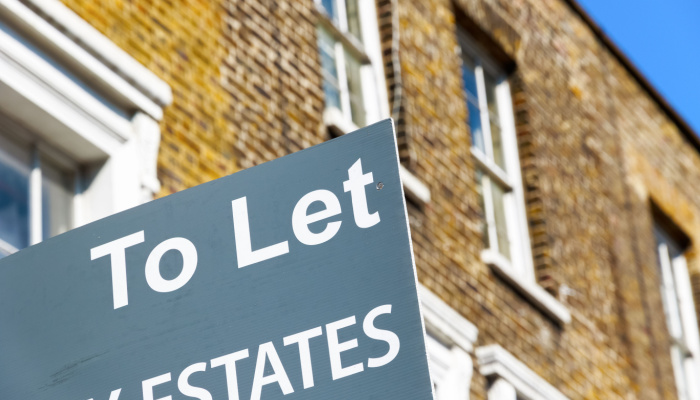If you are a property owner, you should make sure that you are actively protecting yourself, your property, and your land from fraud.
Though it is not as common as other types of fraudulent activity, the Land Registry has prevented over £100 million in property fraud in the last 5 years.
To help property owners in England and Wales, especially landlords with multiple properties, the Land Registry has a free service called Property Alert.
Landlords may not be aware that they can sign up to receive notifications whenever changes are made to a property’s register, such as a new mortgage application.
How to sign up to Property Alert
To receive property alerts, you must sign up through the HM Land Registry
website and create a Property Alert account, which requires a valid email address.
You can then sign into your account and add up to 10 properties that you want to monitor, using their postcodes or title numbers. Properties can only be monitored if they are already registered with the Land Registry.
Once you have signed up and added properties to your monitoring list, you will receive email alerts for official searches or applications made against them.
Features of the Property Alert service
The Property Alert service does not automatically block changes to the register, but it will warn you of changes so you can take action against potential fraud.
You do not need to own a property to be able to monitor it. Multiple people can monitor the same property, and if you need to monitor more than 10 properties, you can enlist relatives, friends, or any other person to create another account.
As properties like flats or apartments can be registered under two titles, for companies (freehold) and individual owners (leasehold), it is important to make sure you choose the right title when signing up to monitor this type of property.
It is also essential to make sure Land Registry emails are not blocked by spam filters, so that you will not miss them. Alert emails will contain information about the type of activity, the applicant, and who to contact in case of suspicious activity against a property.
Are you at risk of property fraud?
You will be more at risk of property fraud if the property is not registered – though it should be if you purchased it or have taken out a mortgage on it after 1998. Be sure to check that the information in the register is correct, including your contact details.
There will also be a more significant risk for landlords who either rent out properties or leave properties empty while living abroad, and for property owners who have had their identity stolen.
If you are especially concerned, you can request to put a title restriction on a property, which will block the registration of a mortgage or sale unless a conveyancer or solicitor certifies that you made the application as the owner.
Requesting a title restriction is free if you do not live at the property, but there may be a fee if you need a certificate from your conveyancer or solicitor.
In addition to preventing financial loss through fraud prevention measures like signing up for Property Alerts, landlords should stay on top of the latest developments that may affect them in England and Wales – such as changes to EPC requirements or the roll-out of Making Tax Digital for landlords and self-employed earners.
If you need assistance with tax management as a landlord, or would like to outsource Service Charge Accounts, then gbac could help you.
To speak with Barnsley accountants about landlord services, call 01226 298 298 or email info@gbac.co.uk today.
